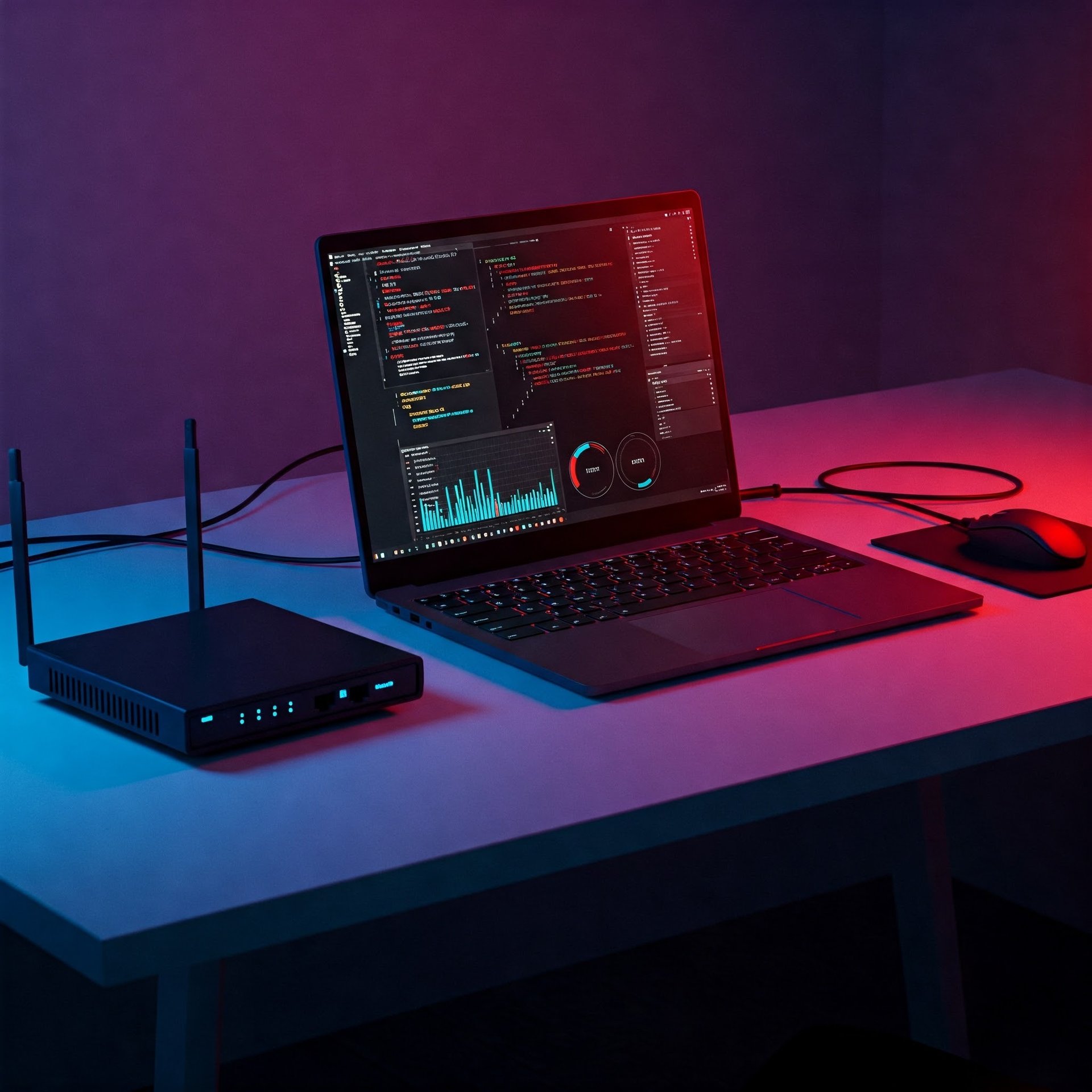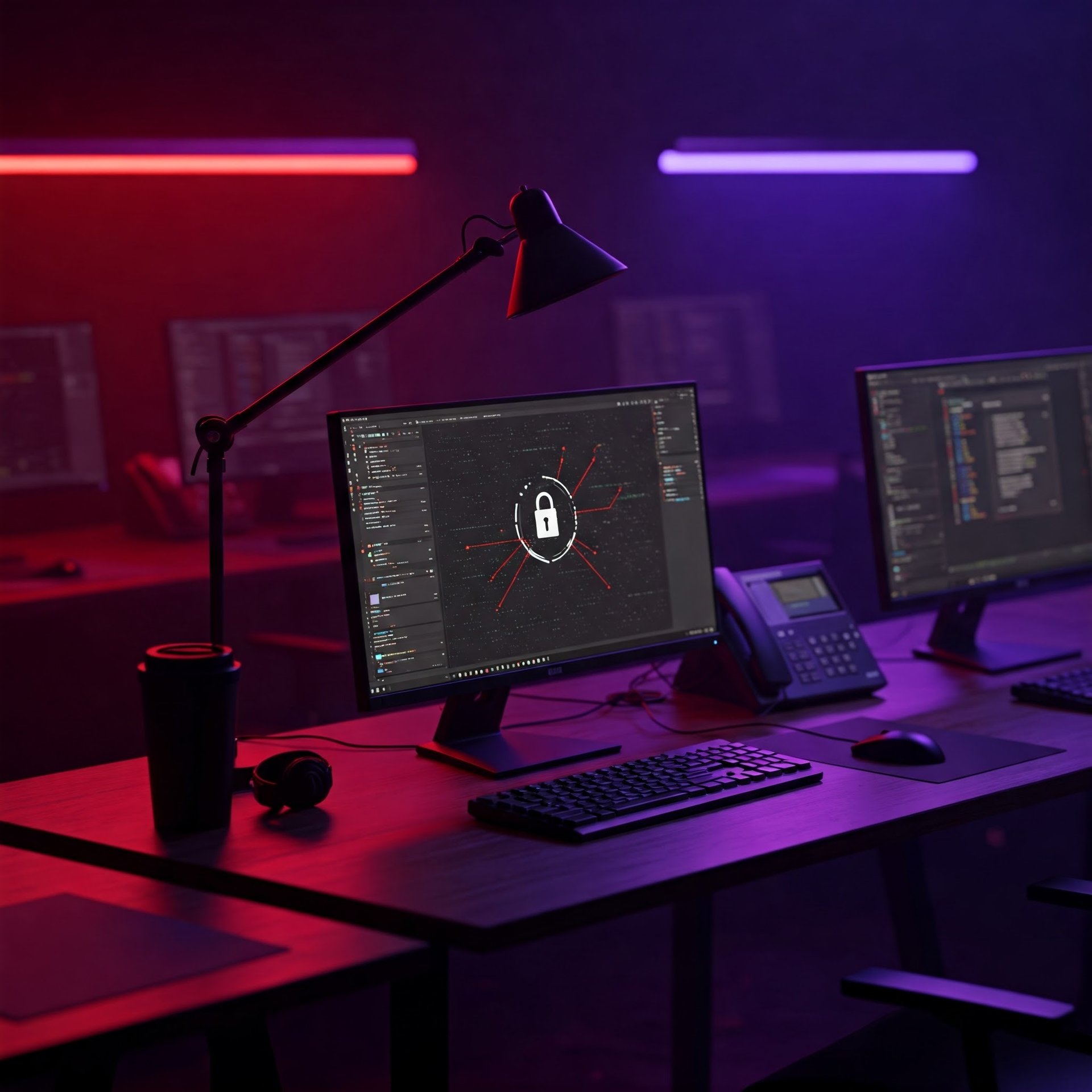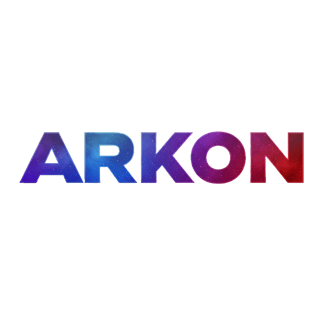
Beyond a Tidy Desk: Best User Practices for a Secure Workplace (Clean Desk Policy and More)
Dan
2/4/20253 min read



Beyond a Tidy Desk: Best User Practices for a Secure Workplace (Clean Desk Policy and More)
A clean desk policy might seem like a minor detail, but it's a crucial component of a robust security strategy. At Arkon Consultant (arkonconsultant.com), we understand that security isn't just about firewalls and encryption – it's about fostering a culture of security awareness and implementing best user practices. This blog post explores why a clean desk policy is essential and delves into other best practices that empower employees to become a vital part of your security defense.
Why a Clean Desk Policy Matters: More Than Just Tidiness
A clean desk policy isn't about aesthetics; it's about mitigating risks:
Protecting Sensitive Information: Unsecured documents containing sensitive data (customer information, financial records, strategic plans) can easily fall into the wrong hands in a cluttered environment. A clean desk policy minimizes this risk.
Preventing Data Breaches: Stolen laptops, misplaced USB drives, or even a sticky note with a password can lead to a devastating data breach. A clean desk policy encourages responsible handling of sensitive information and devices.
Enhancing Physical Security: A tidy workspace makes it easier to spot unauthorized access or suspicious activity. A cluttered desk can provide cover for someone trying to steal information or equipment.
Maintaining Compliance: Many industry regulations (e.g., HIPAA, GDPR) require organizations to implement reasonable security measures, including protecting sensitive data. A clean desk policy demonstrates a commitment to compliance.
Boosting Productivity: A clean and organized workspace contributes to increased productivity. Employees can find what they need quickly and are less likely to be distracted by clutter.
Beyond the Desk: Best User Practices for a Secure Workplace
A clean desk policy is a great start, but it's just one piece of the puzzle. Here are other essential best user practices:
Strong Passwords and Password Management: Emphasize the importance of strong, unique passwords for every account. Encourage the use of password managers to generate and securely store passwords.
Phishing Awareness: Educate employees about phishing scams and how to identify suspicious emails or messages. Regular phishing simulations can help reinforce this training.
Social Engineering Awareness: Train employees to recognize and resist social engineering tactics, where attackers manipulate individuals into divulging sensitive information.
Secure Email Practices: Establish guidelines for secure email communication, including how to handle attachments, avoid clicking on suspicious links, and protect against email spoofing.
Data Handling Procedures: Implement clear procedures for handling sensitive data, including how to store, transmit, and dispose of information securely.
Device Security: Promote responsible device usage, including locking devices when unattended, using strong passwords, and installing security software.
Software Updates and Patching: Stress the importance of keeping software and operating systems up-to-date with the latest security patches.
Reporting Suspicious Activity: Encourage employees to report any suspicious activity, whether it's an unusual email, a potential security breach, or someone acting strangely in the office.
Physical Security Awareness: Train employees to be aware of their surroundings and to report any suspicious individuals or activities.
Travel Security Best Practices: Provide guidance on secure travel practices, including protecting devices and data while traveling, using secure Wi-Fi, and being aware of potential threats.
Acceptable Use Policy: Establish a clear acceptable use policy that outlines what is and isn't allowed on company networks and devices.
Data Backup and Recovery: Educate employees about the importance of backing up their data regularly. Provide clear instructions on how to back up files and ensure they understand the recovery process.
Clean Desk Policy Enforcement: Make sure your clean desk policy is enforced consistently. Regular reminders and spot checks can help reinforce the policy.
Arkon Consultant: Building a Culture of Security
At Arkon Consultant (arkonconsultant.com), we believe that security is everyone's responsibility. We can help you develop and implement comprehensive security awareness training programs that empower your employees to become a strong line of defense against cyber threats. Our services include security assessments, policy development, and ongoing security awareness training. Contact us today to learn how we can help you build a culture of security in your organization.


